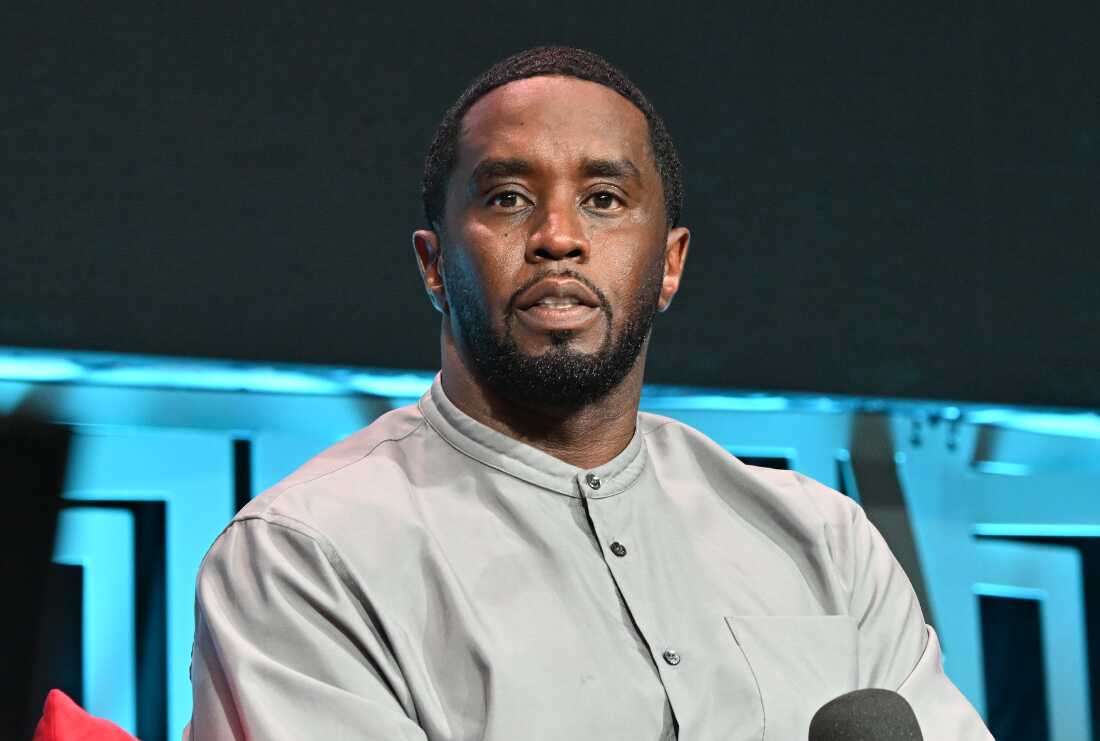Prosecutors in the federal case against Sean “Diddy” Combs have been ordered to disclose the names of the three alleged victims to his legal team. The identities, previously withheld in the indictment under the labels Victims 1, 2, and 3, are to be shared only with Diddy’s attorneys. The judge’s directive follows a motion filed by the defense on March 6, requesting access to the victims’ identities to better prepare for trial.
Court Grants Defense Limited Access to Accusers’ Identities Ahead of Upcoming Trial
Diddy’s attorneys argued that knowing the identities of the accusers was critical, especially with the trial date approaching in less than two months. The court reviewed the motion and subsequently mandated that the U.S. Attorney’s Office for the Southern District of New York release the information by March 10. However, the names are to be shared strictly under an “Attorney’s Eyes Only” designation, preventing broader public disclosure for now.

Although the indictment doesn’t publicly name any victims, Diddy’s defense has acknowledged that Victim 1 is singer Cassie Ventura. This conclusion is based on the inclusion of a 2016 surveillance video in the indictment, which shows Diddy physically assaulting Cassie during an altercation in a California hotel. The video was previously released and widely reported, lending credence to her identification as one of the accusers.
Diddy’s Defense Strategy Centers on Consensual Relationships Amid Ongoing Gag Order
Diddy’s legal team believes that the other two alleged victims are also former girlfriends. They maintain that any interactions or relationships with these individuals were consensual and not criminal. This assertion is likely to be a key component of Diddy’s defense strategy, especially as more details emerge during the pre-trial phase.
Due to a gag order in place, public access to the alleged victims’ identities remains restricted. Their names may not be officially confirmed until the trial begins, assuming the judge does not decide to close the courtroom during their testimonies. The handling of these sensitive details highlights the legal system’s efforts to balance privacy with the rights of the accused to mount a thorough defense.


